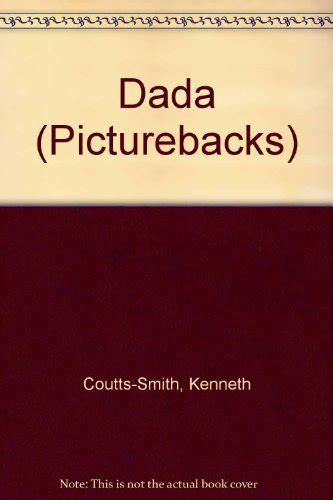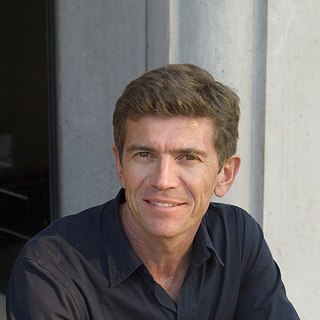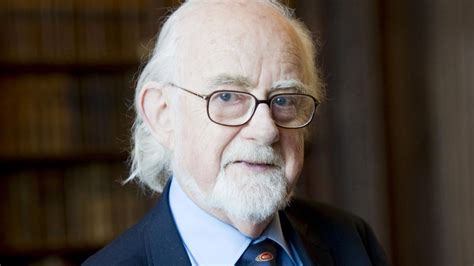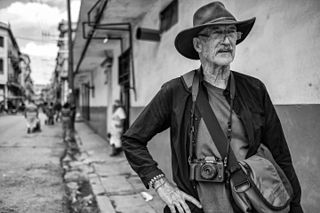A Quote by Jenny Diski
There's a cultural conviction that any 'artist' must have personal suffering to back up their work, otherwise there's something undeserved and therefore inauthentic about it, perhaps even some sort of cheating.
Related Quotes
Just let the artist sign an empty canvas or a frame, with the inscription, 'I had such and such a concept in mind' for this work. The artist then need not bother with producing the work, and therefore need not be worried about being dis-satisfied. All he or she needs to do is to sell it to a collector. The collector will have the guarantee that the artist thought about the work, even if momentarily, and therefore be satisfied.
Maybe we, the cultural workers , could apply ourselves. We're not going to resolve it in this moment or even in this generation, but perhaps as some kind of agenda we could invite our writers and cultural workers to address the problem a little more responsibly, because people are suffering tremendously from a want of data.
About one month before he was killed, when asked by David Frost how his obituary should read: Something about the fact that I made some contribution to either my country, or those who were less well off. I think back to what Camus wrote about the fact that perhaps this world is a world in which children suffer, but we can lessen the number of suffering children, and if you do not do this, then who will do this? I'd like to feel that I'd done something to lessen that suffering.
If you want to become a man of letters and perhaps write some Histories one day, you must also lie and invent tales, otherwise your History would become monotonous. But you must act with restraint. The world condemns liars who do nothing but lie, even about the most trivial things, and it rewards poets, who lie only about the greatest things.
Nobody wants to see the truth. Everybody wants to have the fantasy. When I look back at the books I was reading in my childhood were selling some sort of fantasy as well. Most stories are not going to tell the deep suffering of every day. No book prepared me for the suffering I would experience in life because the word "suffering" does not even describe what the suffering is. No story is going to tell you that, and no words can tell you that.
Most of the photographs I make are personal pictures and never end up in print. Even the magazines I shoot for on assignment publish very few of the actual selects. Sometimes these personal pictures will end up in a book of my work. Oftentimes, however, they are simply photographs which I hope resonate, yet rarely find a publication home. I do a lot of personal work in Rio de Janeiro, and this of a parkour artist making a jump on Ipanema Beach is such a moment.
I think poetry can be a kind of secular way in which people can be led to approach the difficult parts of their life, where there's been loss, where there's sadness of a deep kind. If poetry can help people to be more at ease in expressing even to themselves a lot of the darkness and pain of ordinary human existence, then it's serving some kind of cultural role, perhaps more than a cultural role, perhaps it is serving something of a spiritual role.
The visual world has blown up, the world of writing has blown up; there's so much text online. Anyone and everyone can express themselves. It's a lot to think about as an artist. Also, that the persona of the artist might actually be of some importance. When I came of age, it was important to be quiet and hang back and be mysterious. I knew artists who didn't even want to show up at their own openings. They never wanted to have their picture taken, didn't want to autograph a book, didn't want to answer a question. I came of age in a world where it was "Let the work speak for itself."







































